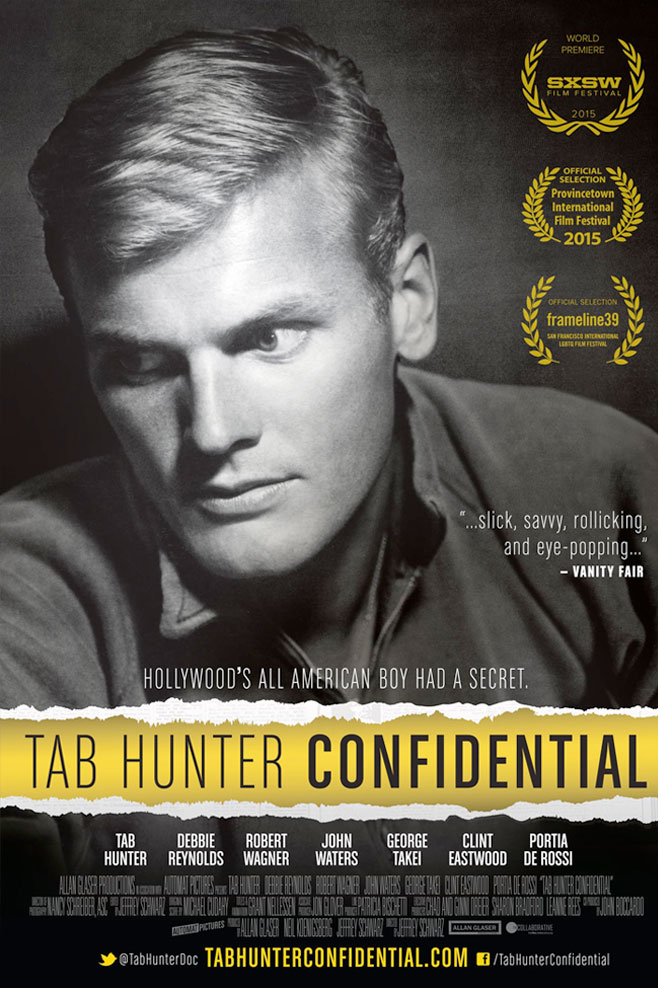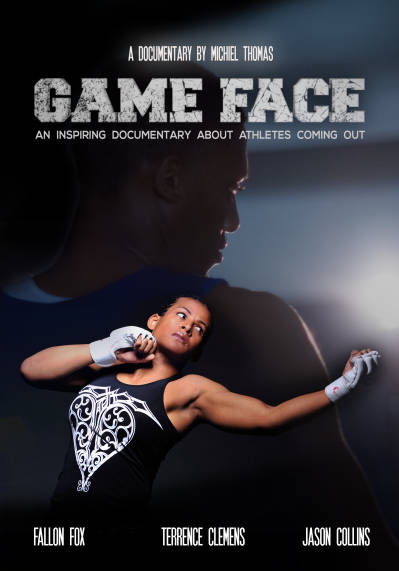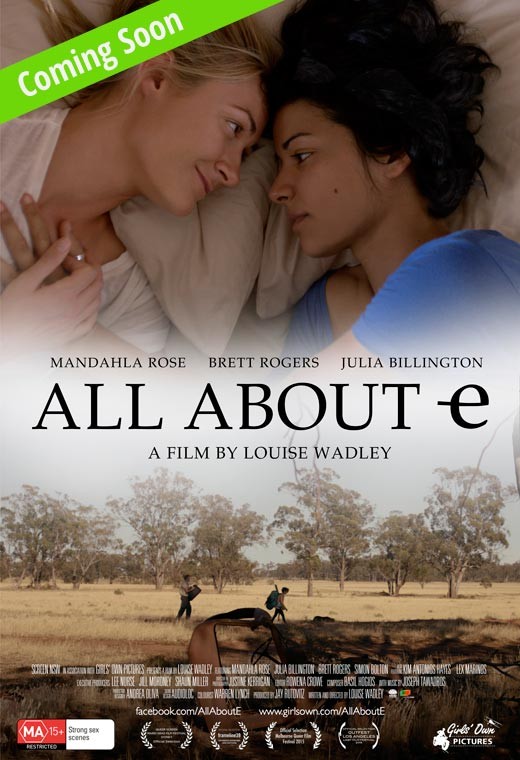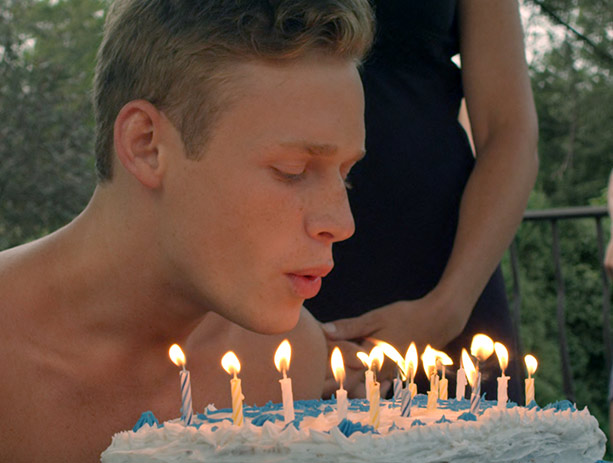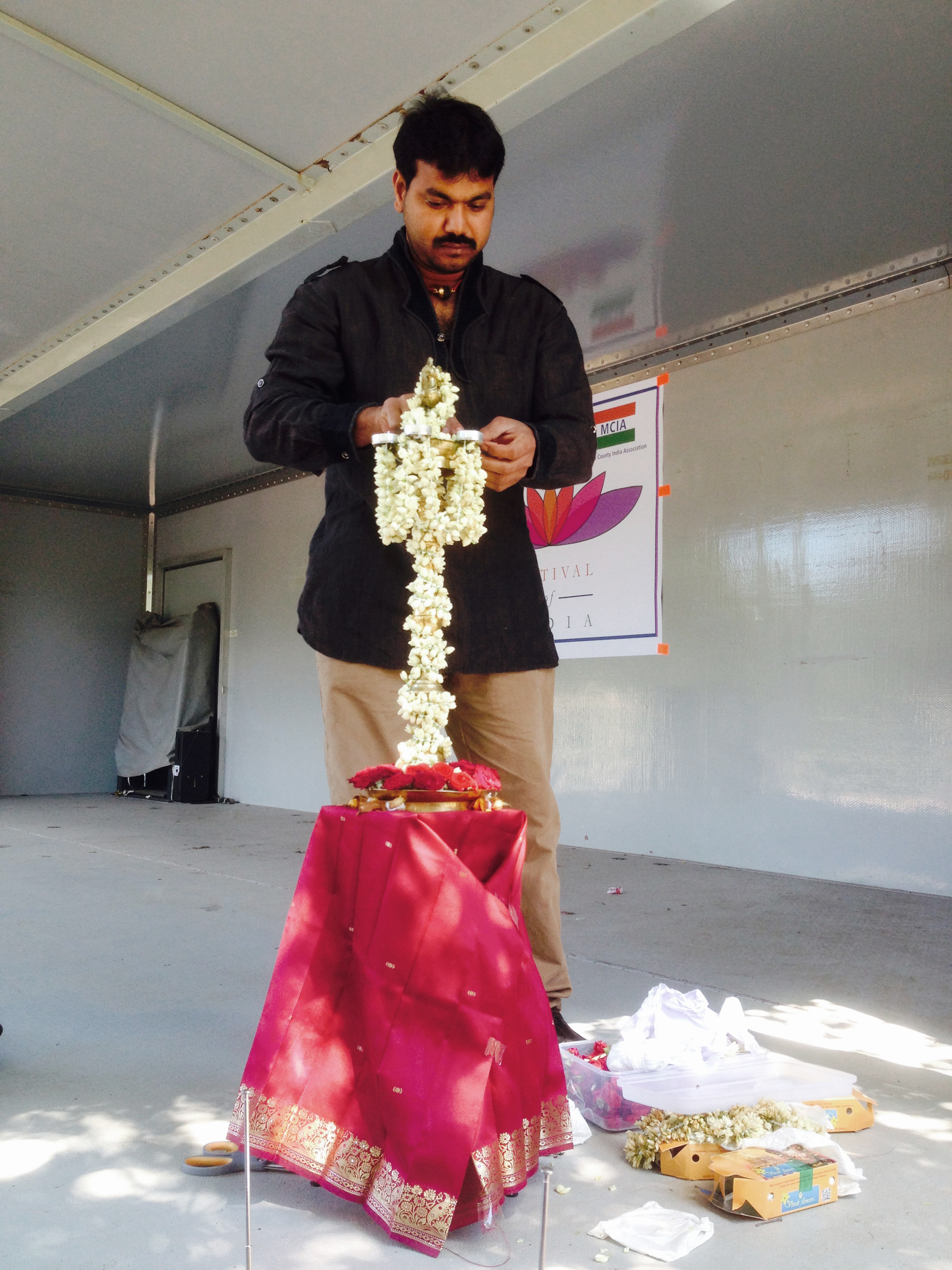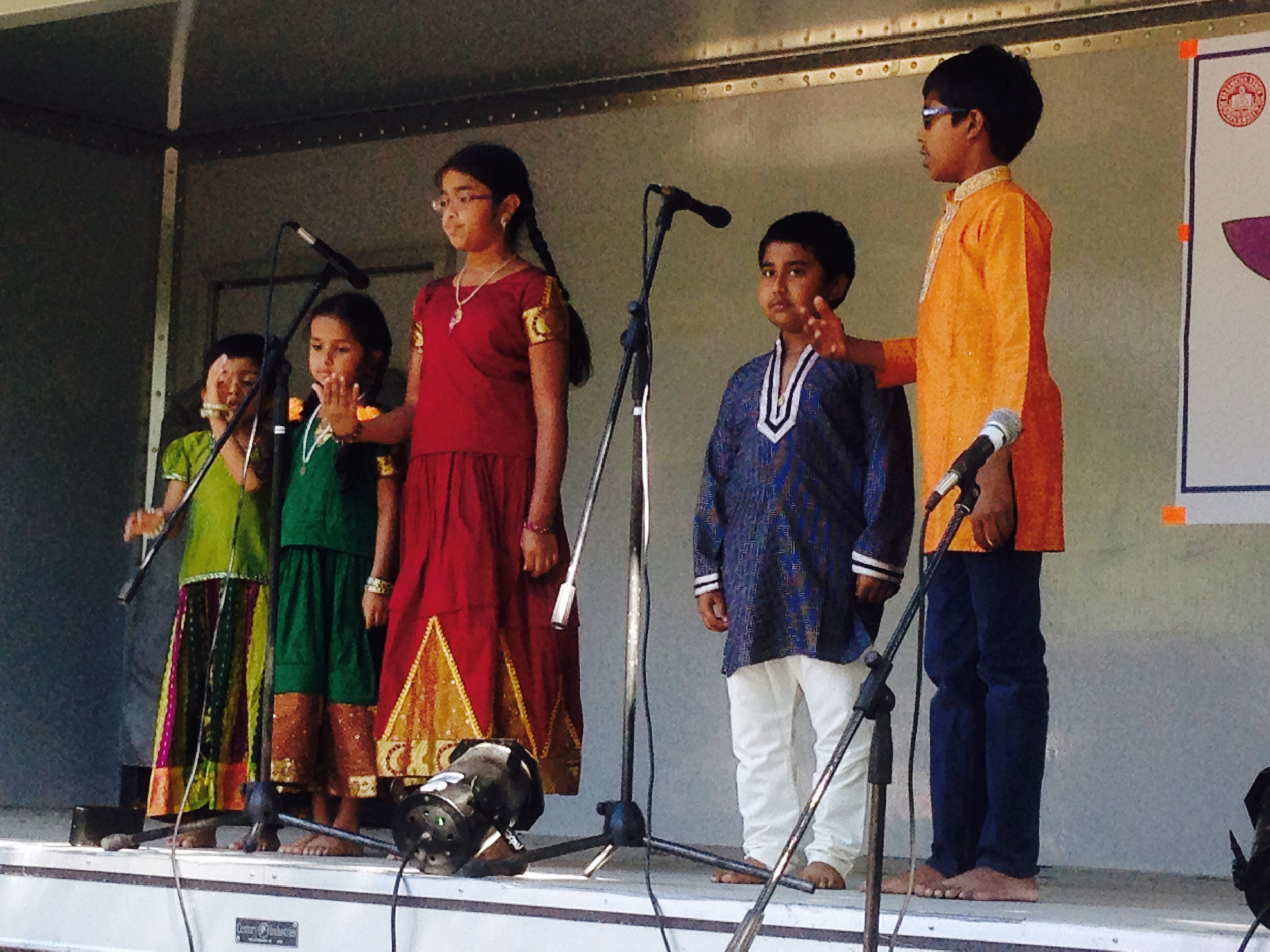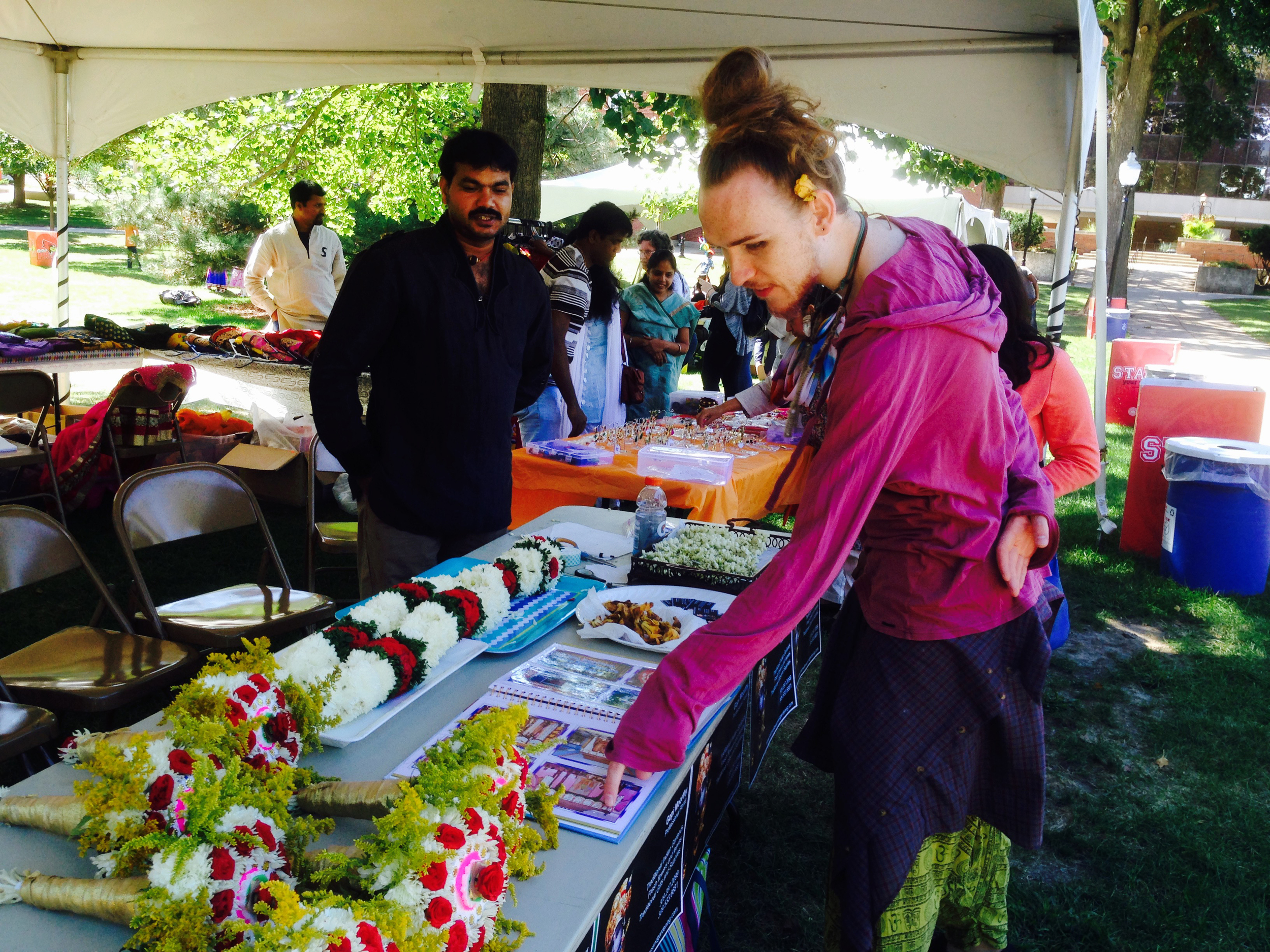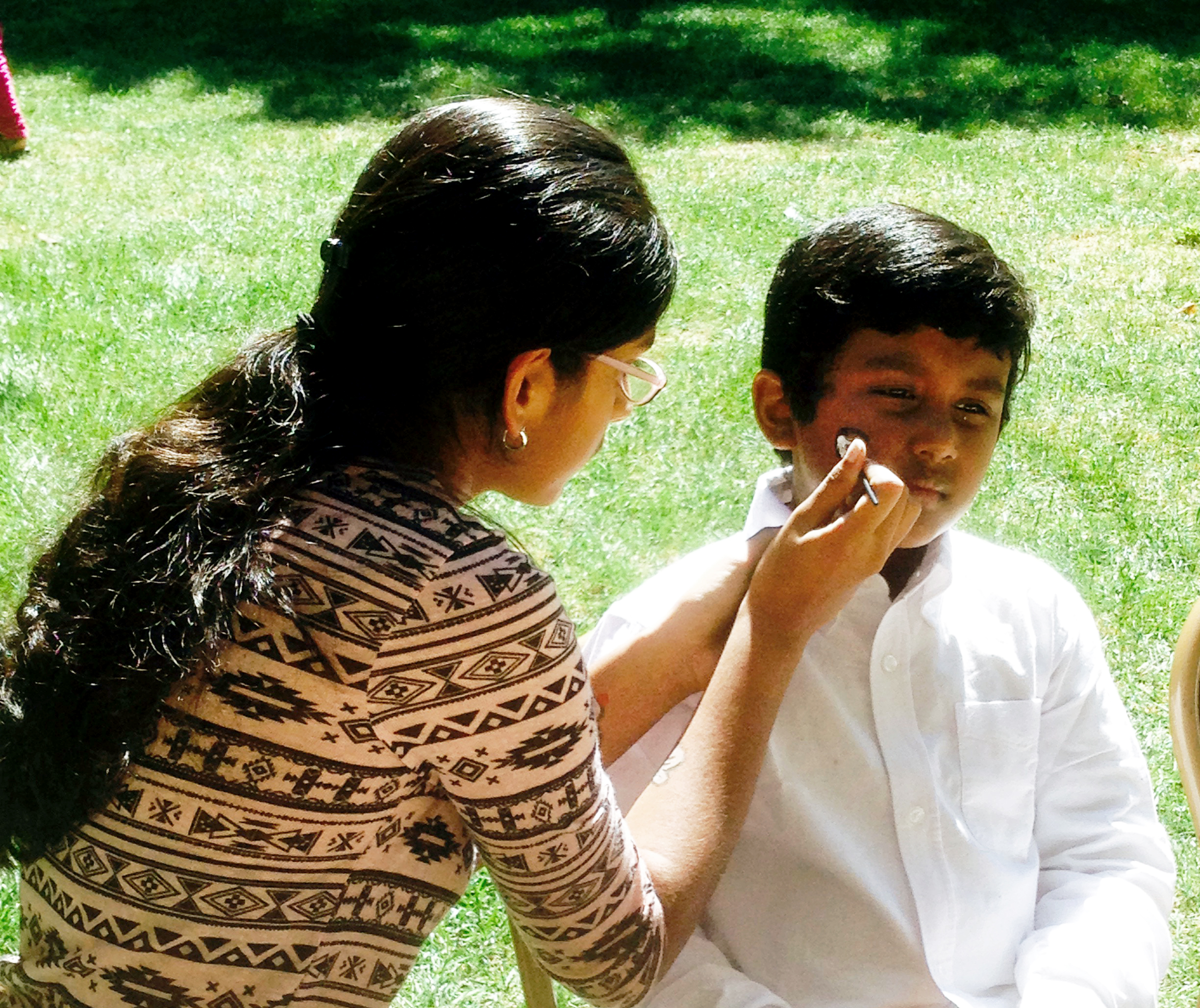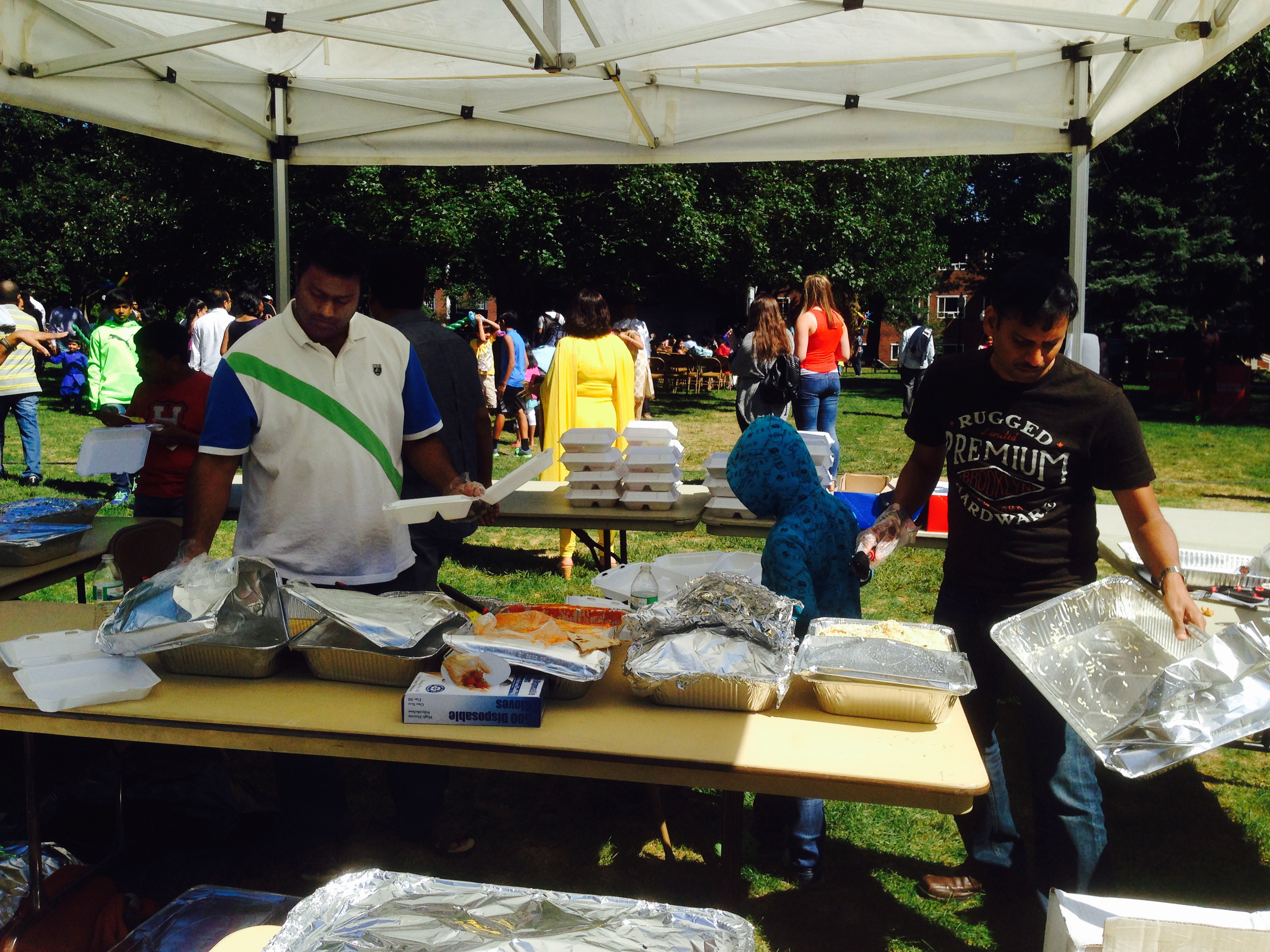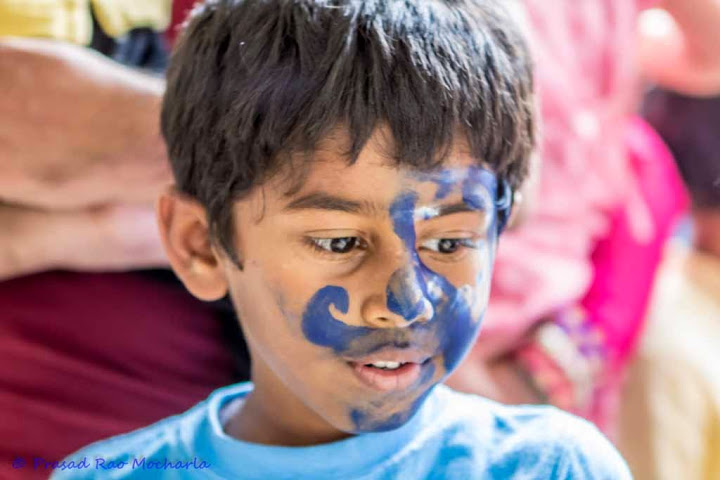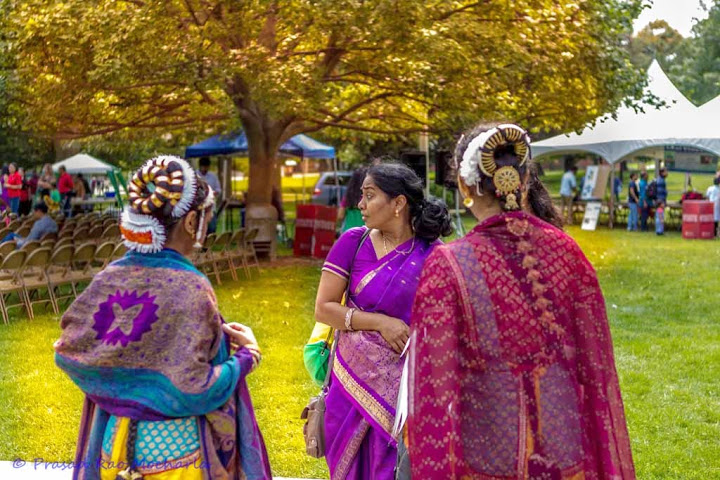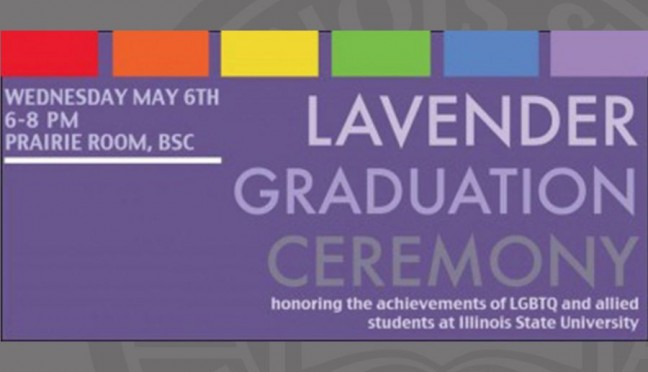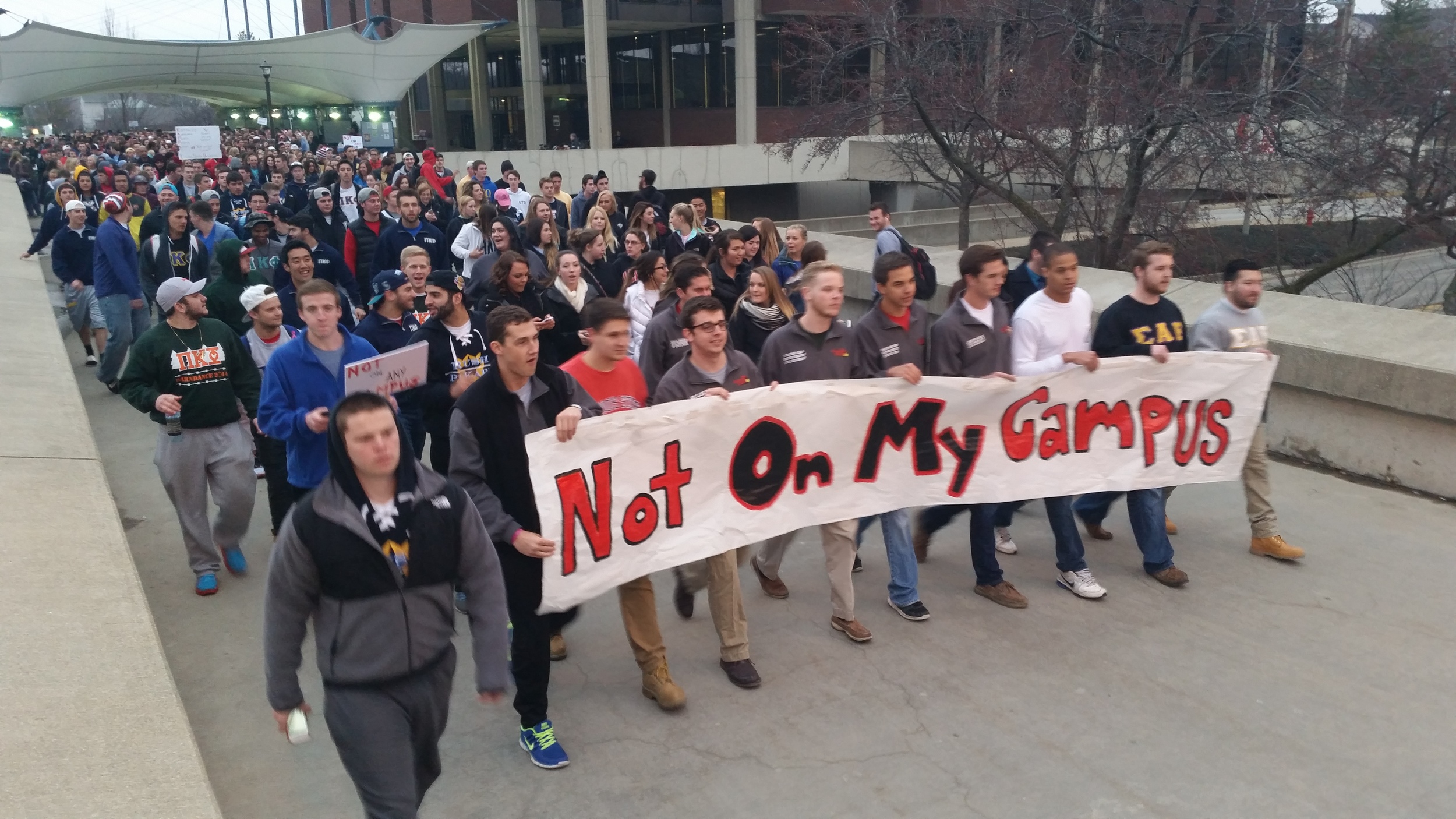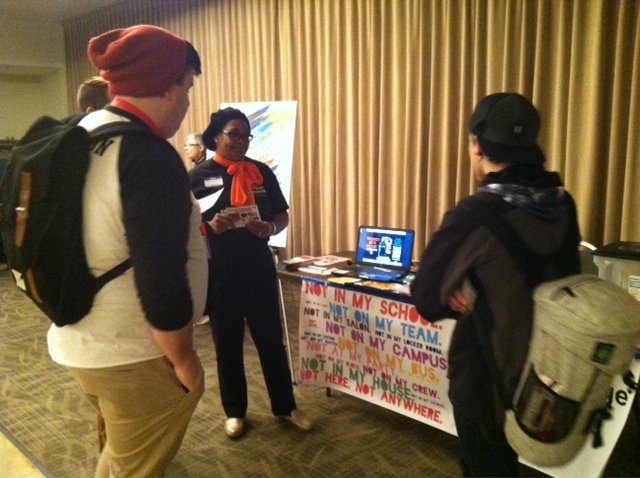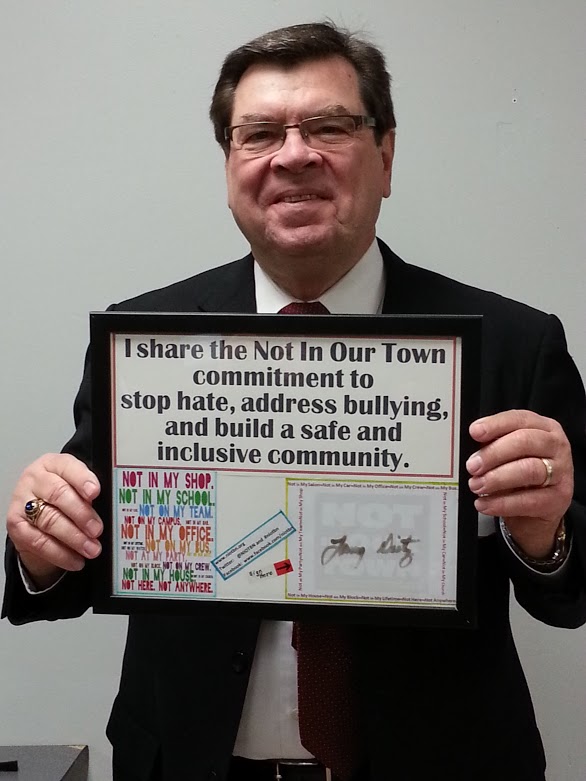Of course I was not only wrong about her, but also about Freeganism. She was a lot of fun to talk to, had some terrific ideas and didn’t once threaten me with any vegetables. As with all fear in life, mine was based on prejudice and ignorance. The Human Library gave me a chance to meet her, talk with her, and gain a better understanding of her.
And I did feel like I got to know her as a person. After just a brief dialogue, I could accept that this intelligent person sincerely believed what she told me, and that her own life experience brought her to these choices. And as the topic came to life through another human, freegans just weren’t as scary anymore.
Don’t misunderstand, I did not become a freegan and she was not trying to somehow recruit me. The Human Library is about education and understanding without being didactic. In thirty minute sessions, participants (readers) meet with presenters (books) in a small group setting. The topics vary, but after the book tells its story, the readers can ask questions which (hopefully) begins a constructive dialogue. Readers receive a summary of all the available books and choose which topic to explore.
My own story centers on my malformed brain. When I sit down as a book, and I have so far been a book in three Human Libraries, I always tell the readers that I am not there to inspire them nor to depress them. I am a book in the Human Library because I want to give anyone the chance to speak with someone who has been through brain surgery, strokes, physical therapy, disability and depression. I ask for neither pity nor empathy, but once I tell the story I do ask that the readers indulge their curiosity.
At the age of 24 I was diagnosed with an Arnold-Chiari malformation in my cerebellum. I was having problems breathing, hearing, and even walking. I underwent necessary brain surgery at the University of Missouri in Columbia, Mo. After several months of full recovery, my symptoms slowly returned until, after several small strokes, I retired due to disability at the age of 32.
In the midst of those years when my symptoms resurfaced, I became depressed to the point of even creating a plan for suicide. My chronic pain and increasing inability to function at the level of my own expectations became overwhelming. But I got help from a combination of counseling and anti-anxiety/anti-depressant medication. So even as my physical symptoms continued to decline, my emotional health strengthened. I was grateful to learn how to accept the reality of my ever-changing life even as I had to learn to use a cane (and occasionally a walker) just to get around my house.
When I was 38, I unexpectedly started to be able to walk again without having to use a cane or walker. At 40 I had returned to working full-time at a university. How I slowly regained enough of my health to return to work remains unknown.
And that’s it. Sitting around a table with about seven or eight readers, I tell that story but in more detail of course. We only get about thirty minutes together, so I spend about fifteen minutes detailing my story, leaving another fifteen minutes for questions. I always tell my readers they can ask absolutely anything they want. And, boy howdy, do they ever ask the most amazing questions.
Allow me to illustrate. My first time as a book in a Human Library, I expected people to ask about big-issue ideas: What does it all mean? What have you learned about Life? What are you going to do now? While these were similar questions to what I had asked during my years in counseling, I still did not have any clear answers. Nevertheless, felt very strongly that these would be the ones put to me.
So after telling my story that first time, I looked around the table at the handful of readers, their hands already raised for questions. What would I say when they asked? Why do they expect me to know the answer to life’s questions? Just who do they think they are anyway? And who is it they think I am?
I pointed at one person and waited, listening.
Verbatim, without exaggerating, the reader asked, “You must have had a catheter during brain surgery. What did that feel like?” I didn’t speak for a few seconds. My expectations had been so thwarted, I not only had to replay the question in my mind but I also had to ask him to repeat it, which he eagerly did, “What was it like to have a catheter?”
The other readers were nodding, approving of the question and waiting for my response. They were sincere too, not any hint of sarcasm.
I still had to clarify. After surgery I had several IVs and tubes and wires connected to me. So I asked, “You mean the urinary catheter? What did that feel like?”
“Yes. That must’ve been strange.”
Hesitantly, I answered, “Uh…well, actually it wasn’t too bad, until the nurse yanked it out. That hurt.” In unison, every reader at my table cringed.
From there we had a brilliant discussion, even touching on those life issues. The spirit of the Human Library is best expressed by allowing an open dialogue. In my case, having a urinary catheter was entirely unknown to them, so of course that’s what they asked. I had encouraged it, after all.
That question is emblematic of exactly what the Human Library can be for us. Yes, it was a little embarrassing for me to answer, but it must’ve been strange for him to ask it too. I credit the readers, the ones asking questions, as the real champions of this program. They step outside of their comfort zone, if only for a brief time, hoping to learn something unexpected.
I had unexpectedly learned from a freegan. Consider what one might learn from other books including an anarchist; a Muslim; an immigrant; a parent who adopted multi-racial children; a rape survivor; a recovering drug addict; a person living with AIDS. If the Human Library creates an environment wherein readers can ask a man with a malformed brain what it felt like to have a post-surgical catheter, imagine what one could ask of others.
Illinois State University conducted its latest session of the Human Library Wednesday at Bone Student Center












